Architect of tennis success story in war-ravaged Balkan nation and non-playing captain of Serbian Davis Cup team, Bogdan Obradovic says they laughed at him when he said his ward Djokovic will be World No.1 and today they smile
This isn't an oft-told 'Rocky Balbao' story common to champions across the wide world of sport. This is spine-tingling stuff. Circa May 22, 1999: Novak Djokovic was celebrating his 12th birthday at the Partizan Tennis Club in Belgrade, the capital of Serbia. No sooner had his parents and friends joyfully crooned 'Happy Birthday' than the siren went off. "Bombers flew over my head. Explosions thundered in the distance. Our electricity was cut off," Djokovic would recall years later. Gauging the trauma he went through as a child in the war-torn Balkan nation we now call Serbia, capturing Grand Slam titles and rising to No. 1 in the world seems a cakewalk.
Bogdan Obradovic readily agrees. Nearly two years after that miserable birthday party, he took Djokovic under his wings. "He was full of energy even then," says the 47-year-old, who is better known as the non-playing captain of the highly successful Serbian Davis Cup team.
Obradovic, who runs an academy back home, has been coaching kids since his early 20s. Not surprisingly, he has played a massive role in creating this seemingly automated assembly line of Serbian players like Nenad Zimonjic, Djokovic, Janko Tipsarevic, Viktor Troicki, Dusan Lajovic and Filip Krajinovic. The last two names may ring a bell. After all, they gave Serbia a 2-0 lead in the World Group playoff tie against India here on Friday.
The prophecy
Obradovic's brain is a storehouse of anecdotes. The year was 2001. He was soaking in the sights and sounds of New York City. That apart, he was accompanying a young Zimonjic to the US Open. Sometime during the tournament, a Serbian journalist approached Obradovic for an interview. "I told him that we have one kid back home and he is going to be No. 1 and win the singles title at the US Open one day. That interview was broadcast on Serbian national television. Many people laughed at me. Today, they smile," Obradovic says with a chuckle.
"You know Novak was junior World No. 1 at 14. He won the European championships. Now you may wonder how a European champion can be called a world champion. Let me tell you. It's a funny story. Actually, even Americans and Canadians and Australians used to play in the European championships," he revealed. "It's funny, I know. So, to me, Novak was the No. 1 junior in the world."
Coach's formula
It is important that we dig deep into Obdradovic's past — his humble beginnings, childhood and time in the army. After all, it takes something to produce champions. "I was the only kid who played tennis in the old part of Belgrade, which is now part of Croatia. So we moved to the new part of Belgrade, which was built after World War II. People from all over the place came there to start life afresh. My father was one of them," Obradovic says.
"It was an incredibly competitive atmosphere. We had a court in the backyard. But it was after watching the 1981 Wimbledon final between Bjorn Borg and John Mcenroe that I decided to pick up a racquet," he adds. For the record, McEnroe won that epic match.
Soon after his 18th birthday, Obradovic served in the army for a couple of years. "It was compulsory. It made me disciplined. That's one reason why I can instil discipline in the boys I coach," he says.
Obradovic claims he never shot anyone. "In fact, I am proud to tell you I saved a life. This is another story," he says. And it takes the cake.
I was in posted in Split (the second-largest city in Croatia), the hometown of Goran Ivanisevic. One day, a drunk tourist somehow jumped the wall and reached our military building. He got into an argument with my colleague, who was prepared to shoot him. I ran as fast as I could and snatched the gun from my friend's hand. So, yes, I saved a life," he recalls.
In short, Obradovic has seen it all. It is this toughness that he imparts in his wards.
"The biggest mistake we do is promise the kids great food, great restaurants and great facilities. My tennis academy in Belgrade is quite simple. It looks very dirty. There is nothing fancy about it. There are no fancy bathrooms or fancy showers. But the kids are happy and producing good results," he says.
War and tennis
The country is a victim of war and faulty policies; there is abject poverty and hopelessness in certain parts; and the economy is not looking up. Which brings us to the question: how does Serbia produce so many fantastic players? For, in India, one must be ready to shell out at least Rs 50 lakh a year to produce a tennis star. It's an utterly expensive sport.
Obradovic maintains that Serbia is a poor country. "Look at the USA or China and even India. There is so much money here. What we lack in funds, we make up for by being very connected and very friendly with the students and their parents. It's a magical triangle. We are all one. Novak's problems were my problems. Likewise, his mother used to cook for me too. That's my relationship with Novak. That's how much we trusted each other," he says.
Obradovic accepts kids aged seven and above in his academy. "That is the ideal age. Before that, you need to develop skills like skiing, swimming, running with the ball and climbing mountains around Belgrade and neighbouring countries like Austria, Germany, Switzerland and France. Do some skating. All this toughens you up. After this, you start playing tennis."
Elastic Djoko
Talking of his time with Djokovic, who is now coached by Marian Vajda and, of course, Boris Becker, Obradovic says the World No. 1 had fitness issues early in his career.
"The good thing was that he was naturally elastic. So we developed an exercise regimen and made sure we didn't destroy that aspect of his body. Look, most tennis players are strong and powerful. But they are not agile. They don't possess elastic energy. This is not American football or rugby. In tennis, you need to have elastic energy," he explains.
"By using your elastic energy, you tend to spend less energy during matches. This helps you recover faster. No one knows your tank capacity; how much gasoline you have. I can tell you Novak spends less energy than any other player on the Tour. That's why is so fit. That's why he is No. 1.
That's also one of the reasons why India are seeking the services of Leander Paes, who is into his 40s. For some strange reason, we can't produce world-class players. Obradovic has a point. "Players like Yuki Bhambri and Somdev Devvarman need much more energy. They are sleeping beauties. You need to fine-tune their technique and they can become champions. I can do that provided I am allowed to work with them. In my personal opinion, even the USA don't don't know how to trigger that energy in their players," he says. Look at the current crop of players and you know Obradovic is dead right.
Djoko for prez
With Djokovic, Obdradovic did everything right. He is doing the same with 30-odd youngsters back home. "We have a special system. It goes hand-in-hand with our primary school. Kids spent extra time on court. They train in the morning, then attend school and again in the evening. In between, they do one hour of fitness work like gymnastics which helps develop agility, power, strength, speed and endurance," he says. "I also look for sponsors, which is what I did with Novak. A couple of people from France helped us out."
That Djokovic is a streetfighter is common knowledge. He is also immensely patriotic. "There is a joke in Serbia. Actually, it's not a joke. It's a fact. Ask any man, woman or kid and they will tell you Novak must be the president. Even the president will say, 'OK, I am ready to vacate my chair for Novak'," Obradovic laughs.
And then he proves that Djokovic's personality has rubbed off on him too. "And you know what, if that happens, I'll be a minister!"
AGAINST ALL ODDS
As children growing up in Belgrade, the largest city in Serbia, Novak Djokovic and Ana Ivanovic trained at a club that used an empty swimming pool as a makeshift tennis court.
The duo often had to abandon their practice sessions and run into bomb shelters when the Serbian capital was targeted by NATO jets during the 1999 war over Kosovo.
Along Jelena Jankovic, the likes of Djokovic and Ivanovic have managed to overcome Balkan wars in the 1990s to become World No. 1S in tennis.
BLURB
Obradovic, who runs an academy back home, has been coaching kids since his early 20s. Not surprisingly, he has played a massive role in creating this seemingly automated assembly line of Serbian players like Nenad Zimonjic, Novak Djokovic, Janko Tipsarevic, Viktor Troicki, Dusan Lajovic and Filip Krajinovic.
![submenu-img]() US imposes sanctions on Chinese, Belarus firms for providing ballistic missile tech to Pakistan
US imposes sanctions on Chinese, Belarus firms for providing ballistic missile tech to Pakistan![submenu-img]() 'Don't have any comment': White House mum on reports of Israeli strikes in Iran
'Don't have any comment': White House mum on reports of Israeli strikes in Iran![submenu-img]() Yes Bank co-founder Rana Kapoor gets bail after four years in bank fraud case
Yes Bank co-founder Rana Kapoor gets bail after four years in bank fraud case![submenu-img]() Barmer Lok Sabha Polls 2024: Check key candidates, date of voting and other important details
Barmer Lok Sabha Polls 2024: Check key candidates, date of voting and other important details![submenu-img]() This star once lived in garage, earned Rs 51 as first salary; now charges Rs 5 crore per film, is worth Rs 335 crore
This star once lived in garage, earned Rs 51 as first salary; now charges Rs 5 crore per film, is worth Rs 335 crore![submenu-img]() DNA Verified: Is CAA an anti-Muslim law? Centre terms news report as 'misleading'
DNA Verified: Is CAA an anti-Muslim law? Centre terms news report as 'misleading'![submenu-img]() DNA Verified: Lok Sabha Elections 2024 to be held on April 19? Know truth behind viral message
DNA Verified: Lok Sabha Elections 2024 to be held on April 19? Know truth behind viral message![submenu-img]() DNA Verified: Modi govt giving students free laptops under 'One Student One Laptop' scheme? Know truth here
DNA Verified: Modi govt giving students free laptops under 'One Student One Laptop' scheme? Know truth here![submenu-img]() DNA Verified: Shah Rukh Khan denies reports of his role in release of India's naval officers from Qatar
DNA Verified: Shah Rukh Khan denies reports of his role in release of India's naval officers from Qatar![submenu-img]() DNA Verified: Is govt providing Rs 1.6 lakh benefit to girls under PM Ladli Laxmi Yojana? Know truth
DNA Verified: Is govt providing Rs 1.6 lakh benefit to girls under PM Ladli Laxmi Yojana? Know truth![submenu-img]() Remember Ali Haji? Aamir Khan, Kajol's son in Fanaa, who is now director, writer; here's how charming he looks now
Remember Ali Haji? Aamir Khan, Kajol's son in Fanaa, who is now director, writer; here's how charming he looks now![submenu-img]() Remember Sana Saeed? SRK's daughter in Kuch Kuch Hota Hai, here's how she looks after 26 years, she's dating..
Remember Sana Saeed? SRK's daughter in Kuch Kuch Hota Hai, here's how she looks after 26 years, she's dating..![submenu-img]() In pics: Rajinikanth, Kamal Haasan, Mani Ratnam, Suriya attend S Shankar's daughter Aishwarya's star-studded wedding
In pics: Rajinikanth, Kamal Haasan, Mani Ratnam, Suriya attend S Shankar's daughter Aishwarya's star-studded wedding![submenu-img]() In pics: Sanya Malhotra attends opening of school for neurodivergent individuals to mark World Autism Month
In pics: Sanya Malhotra attends opening of school for neurodivergent individuals to mark World Autism Month![submenu-img]() Remember Jibraan Khan? Shah Rukh's son in Kabhi Khushi Kabhie Gham, who worked in Brahmastra; here’s how he looks now
Remember Jibraan Khan? Shah Rukh's son in Kabhi Khushi Kabhie Gham, who worked in Brahmastra; here’s how he looks now![submenu-img]() DNA Explainer: What is cloud seeding which is blamed for wreaking havoc in Dubai?
DNA Explainer: What is cloud seeding which is blamed for wreaking havoc in Dubai?![submenu-img]() DNA Explainer: What is Israel's Arrow-3 defence system used to intercept Iran's missile attack?
DNA Explainer: What is Israel's Arrow-3 defence system used to intercept Iran's missile attack?![submenu-img]() DNA Explainer: How Iranian projectiles failed to breach iron-clad Israeli air defence
DNA Explainer: How Iranian projectiles failed to breach iron-clad Israeli air defence![submenu-img]() DNA Explainer: What is India's stand amid Iran-Israel conflict?
DNA Explainer: What is India's stand amid Iran-Israel conflict?![submenu-img]() DNA Explainer: Why Iran attacked Israel with hundreds of drones, missiles
DNA Explainer: Why Iran attacked Israel with hundreds of drones, missiles![submenu-img]() This star once lived in garage, earned Rs 51 as first salary; now charges Rs 5 crore per film, is worth Rs 335 crore
This star once lived in garage, earned Rs 51 as first salary; now charges Rs 5 crore per film, is worth Rs 335 crore![submenu-img]() Meet actress, who worked as cook for free food, mopped floors, one Instagram post changed her life, is now worth…
Meet actress, who worked as cook for free food, mopped floors, one Instagram post changed her life, is now worth… ![submenu-img]() UP man arrested for booking cab from Salman Khan's house under Lawrence Bishnoi's name
UP man arrested for booking cab from Salman Khan's house under Lawrence Bishnoi's name ![submenu-img]() 'Justice milega': Ankita Lokhande talks about Sushant Singh Rajput, reveals she's still connected with his family
'Justice milega': Ankita Lokhande talks about Sushant Singh Rajput, reveals she's still connected with his family![submenu-img]() Rajkummar Rao reacts to plastic surgery rumours, admits he got fillers: 'If something gives me confidence...'
Rajkummar Rao reacts to plastic surgery rumours, admits he got fillers: 'If something gives me confidence...'![submenu-img]() IPL 2024: KL Rahul, Quinton de Kock star in Lucknow Super Giants' dominating 8-wicket win over Chennai Super Kings
IPL 2024: KL Rahul, Quinton de Kock star in Lucknow Super Giants' dominating 8-wicket win over Chennai Super Kings![submenu-img]() DC vs SRH, IPL 2024: Predicted playing XI, live streaming details, weather and pitch report
DC vs SRH, IPL 2024: Predicted playing XI, live streaming details, weather and pitch report![submenu-img]() Watch: Virat Kohli's cheeky 'your wife' remark to Dinesh Karthik leaves RCB teammates in splits
Watch: Virat Kohli's cheeky 'your wife' remark to Dinesh Karthik leaves RCB teammates in splits ![submenu-img]() DC vs SRH IPL 2024 Dream11 prediction: Fantasy cricket tips for Delhi Capitals vs Sunrisers Hyderabad
DC vs SRH IPL 2024 Dream11 prediction: Fantasy cricket tips for Delhi Capitals vs Sunrisers Hyderabad![submenu-img]() 'Kohli said it's not an option, just...': KL Rahul recalls his IPL debut for RCB in 2013
'Kohli said it's not an option, just...': KL Rahul recalls his IPL debut for RCB in 2013![submenu-img]() Canada's biggest heist: Two Indian-origin men among six arrested for Rs 1300 crore cash, gold theft
Canada's biggest heist: Two Indian-origin men among six arrested for Rs 1300 crore cash, gold theft![submenu-img]() Donuru Ananya Reddy, who secured AIR 3 in UPSC CSE 2023, calls Virat Kohli her inspiration, says…
Donuru Ananya Reddy, who secured AIR 3 in UPSC CSE 2023, calls Virat Kohli her inspiration, says…![submenu-img]() Nestle getting children addicted to sugar, Cerelac contains 3 grams of sugar per serving in India but not in…
Nestle getting children addicted to sugar, Cerelac contains 3 grams of sugar per serving in India but not in…![submenu-img]() Viral video: Woman enters crowded Delhi bus wearing bikini, makes obscene gesture at passenger, watch
Viral video: Woman enters crowded Delhi bus wearing bikini, makes obscene gesture at passenger, watch![submenu-img]() This Swiss Alps wedding outshine Mukesh Ambani's son Anant Ambani's Jamnagar pre-wedding gala
This Swiss Alps wedding outshine Mukesh Ambani's son Anant Ambani's Jamnagar pre-wedding gala





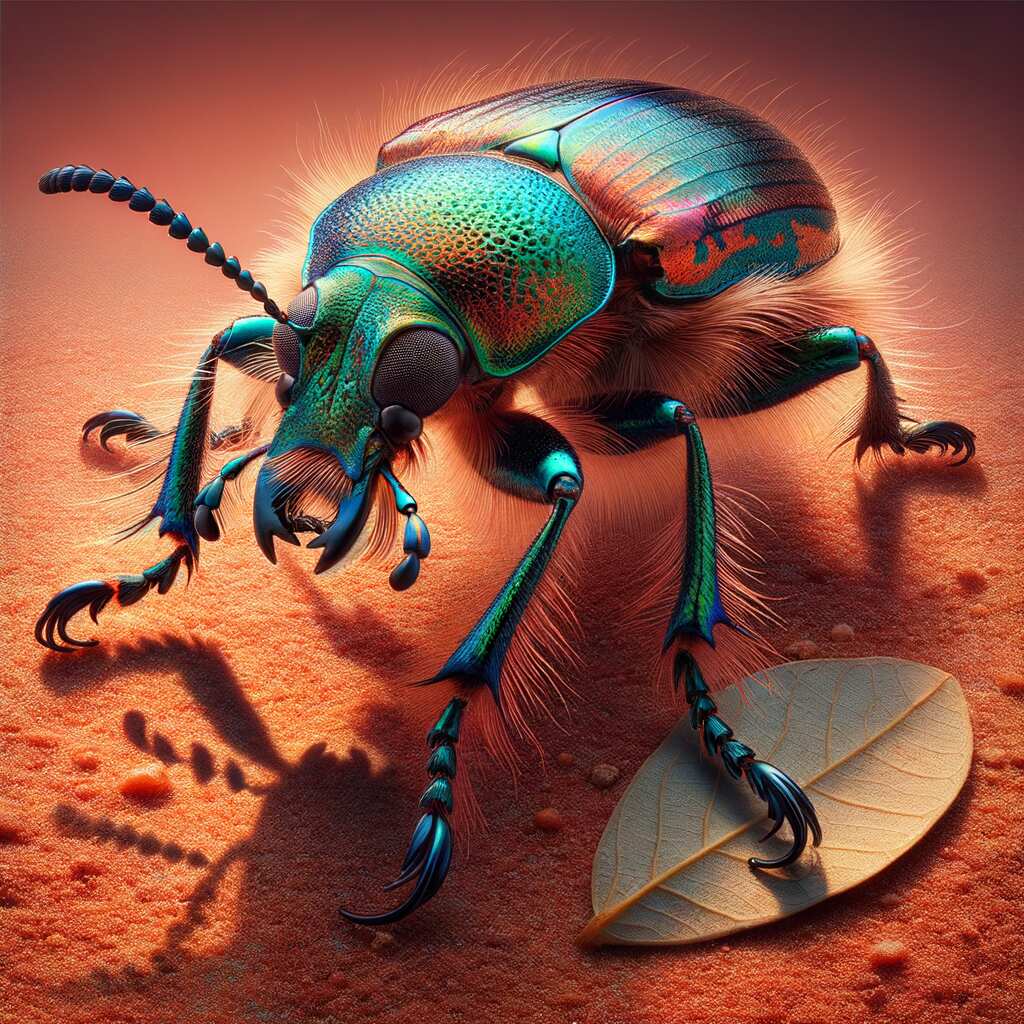
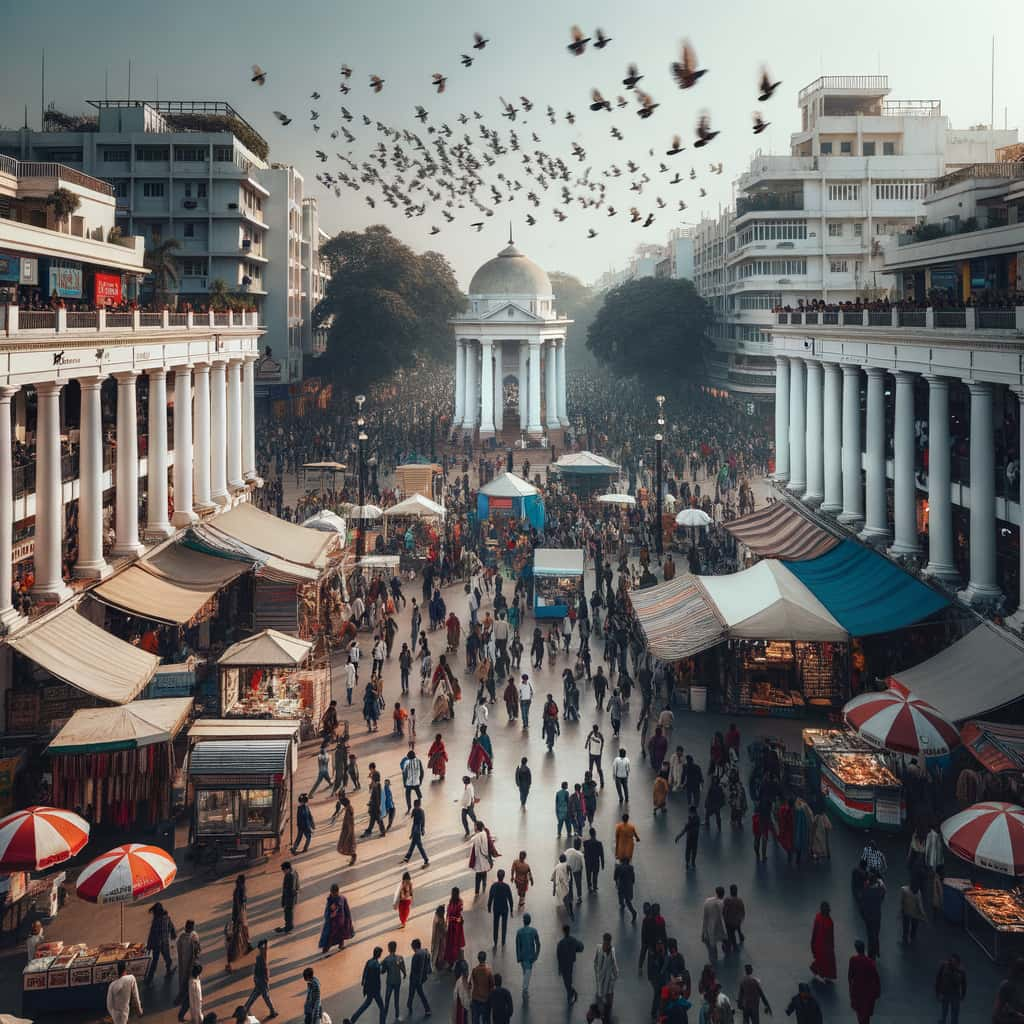
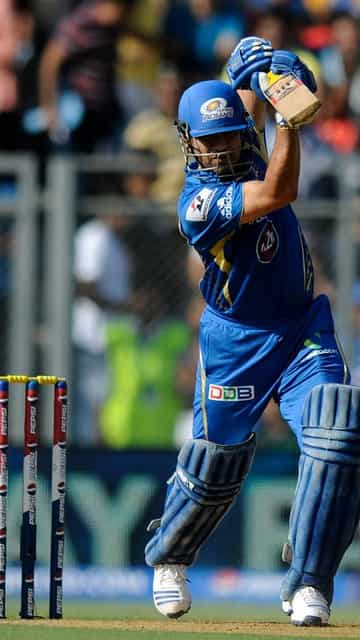
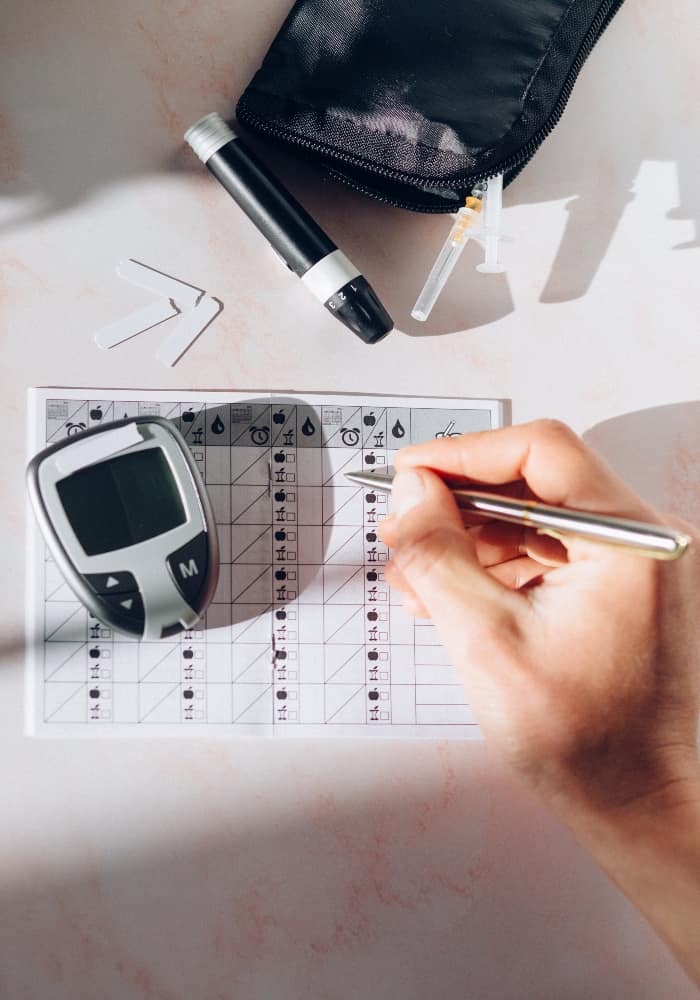






























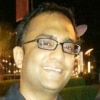
)




)
)
)
)
)
)